Oklahoma governor signs more compacts with tribal nations, here are all the details
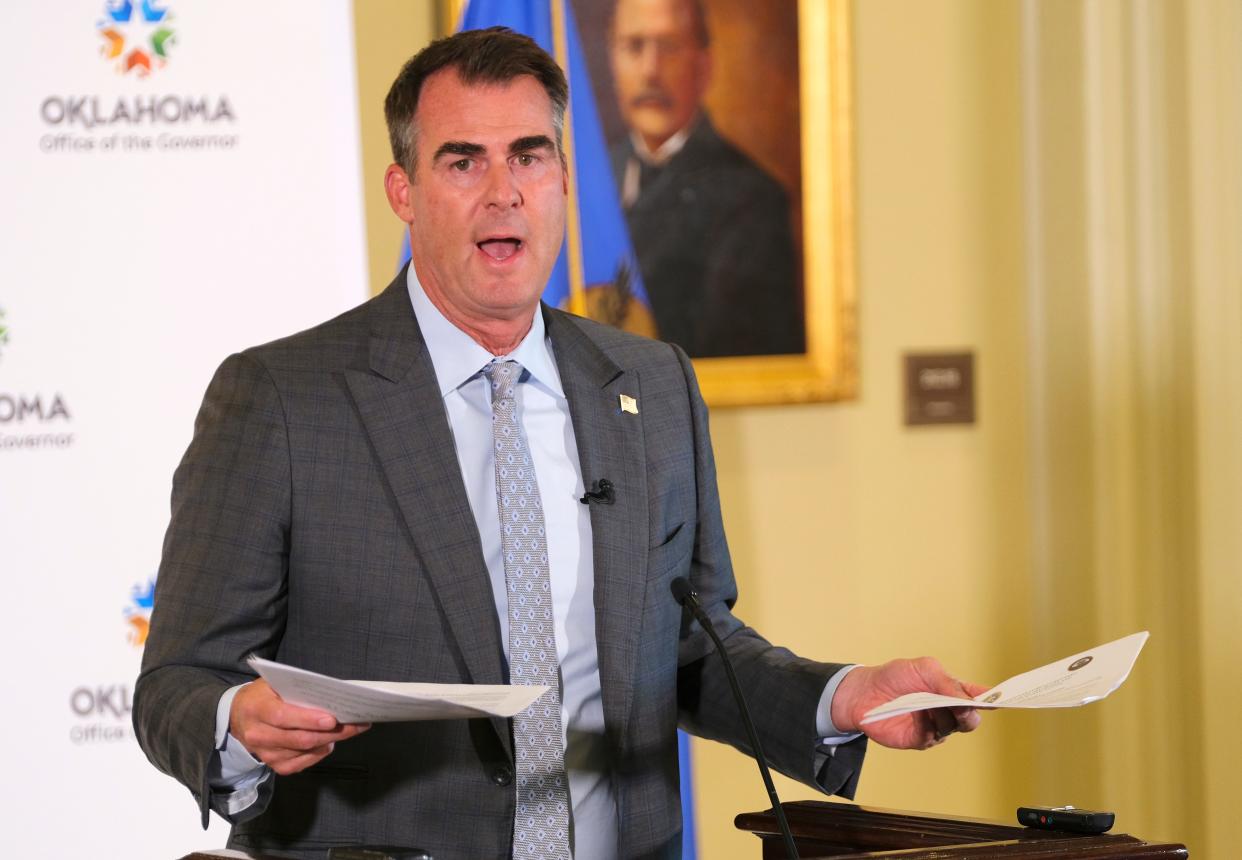
- Oops!Something went wrong.Please try again later.
Oklahoma Gov. Kevin Stitt has become known for rarely working with tribal nations during his five years in office. But in recent months, he’s reached a series of agreements with tribal officials that other state leaders view as progress.
Stitt has signed off on several compacts with tribal nations since the start of the year, most recently with the Choctaw Nation. All but two of the agreements spell out how the state and each tribe will split tax money generated from tobacco sold on tribal lands. The final two compacts renew Oklahoma’s car tag deals with the Chickasaw and Choctaw nations.
The governor’s office has said more state-tribal agreements are in the works.
More: Proposed law would require Oklahoma governor to reach out to tribes during compact talks
You can read all of the new compacts below, as well as a breakdown of the dispute that led up to the deals.
What are compacts?
Compacts are agreements between governments. They are often negotiated to resolve disagreements or clear up questions over power. That could mean the power to collect taxes or the power to regulate, as two common examples in Oklahoma.
More: Oklahoma's largest tribes call for negotiation to settle differences on new tax agreements
What is the controversy surrounding compacts in Oklahoma?
The governor has called many of the compacts unfair. He believes Oklahoma should be making more money under some of the deals — especially the main state-tribal gaming compact approved by voters in 2004. Under that agreement, tribes pay the state monthly fees in exchange for the exclusive right to operate Las Vegas-style gaming in Oklahoma. The payments now add up to $200 million a year.
Stitt wanted Oklahoma to receive a bigger cut of gaming revenues in 2019, but his bid failed. He also tried to arrange an exponential revenue bump for the state when two hunting and fishing license compacts came up for renewal in 2021. Instead, the Cherokee and Choctaw nations cut out Oklahoma altogether and started licensing their citizens on their own.
More: Vetoes, lawsuits and fake memes: Oklahoma Gov. Kevin Stitt’s year working with tribes
What about tobacco compacts?
Tobacco compacts came out of 1990s-era legal fights between the state and tribes. Oklahoma officials argued the state should receive the tax money paid by non-tribal citizens buying cigarettes on tribal land.
Compacts resolved the legal disputes. The terms evolved over time to where they are today. The state and tribal nations equally divide the tax dollars collected from tobacco sales on tribal lands.
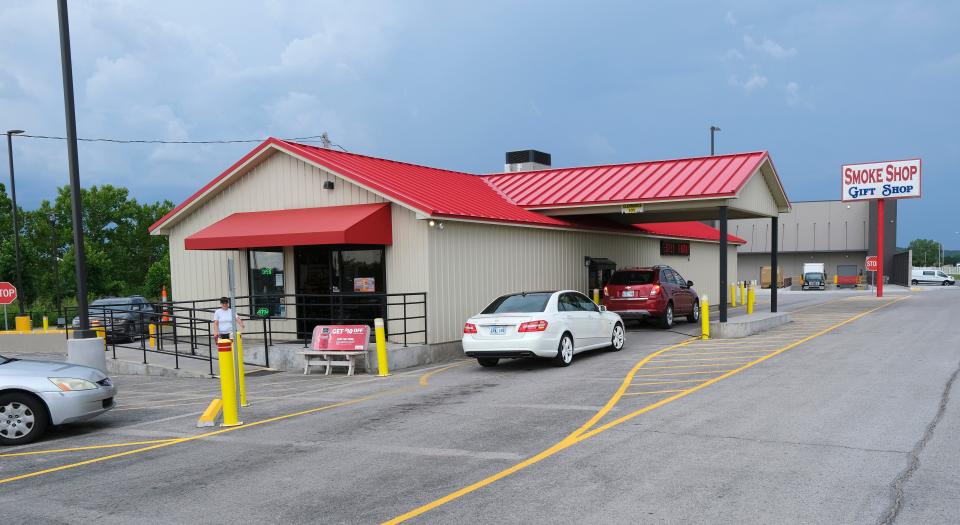
Why did the tobacco compacts face pushback from Gov. Stitt?
Many tobacco compacts were set to expire by 2024. Stitt again pushed for Oklahoma to make more money before renewing them, offering a take it or leave it split of 75-25, according to some tribal leaders. The governor relaxed his proposed split to 50-50 after top lawmakers decided to pass the renewals into law, without Stitt’s approval. That set off a power struggle that continues today.
The governor has insisted on one constant demand. He contended the compacts needed to be tweaked to make clear they do not apply throughout entire tribal reservations in eastern Oklahoma.
More: Do tribal citizens owe state taxes after McGirt? Oklahoma Supreme Court will hear case
What’s different in the new tobacco compacts signed by the governor?
The new tobacco tax compacts recently signed by Stitt have a unique phrase: “compact jurisdiction.” It’s defined as tribal trust and restricted land, not tribal reservations.
The governor has offered to sign compacts with other tribal nations that agree to that phrasing, he said during a virtual press conference in late January, a recording of which was later viewed by The Oklahoman. He said his general counsel, Trevor Pemberton, was leading the negotiations. Many tribal leaders have also said their attorneys are talking directly with Pemberton to work out the deals.
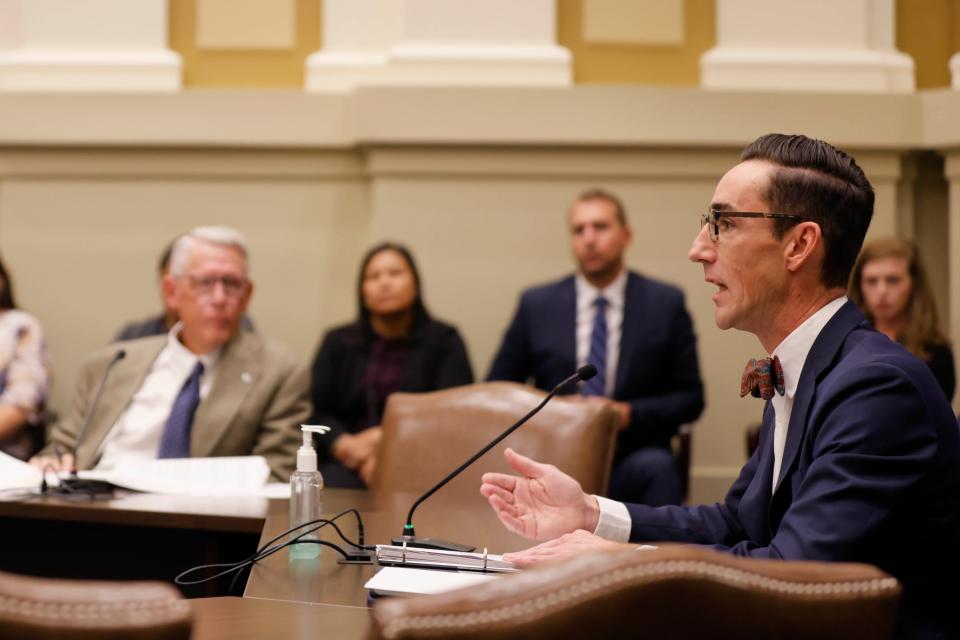
What about the car tag compacts?
The state issues license plates directly to Chickasaw and Choctaw citizens under the terms of two decade-old 2014 agreements. The renewed compacts keep all aspects of the prior arrangement in place.
Only one other tribes, the Cherokee Nation, have compacts with the state. Those still need to be renewed. Chuck Hoskin Jr., the chief of the Cherokee Nation, said in April that negotiations are ongoing. He said he may ask state lawmakers to renew the compact if talks with the governor stall.
The governor has said Oklahoma needs more plate compacts because state police and the Oklahoma Turnpike Authority have no idea who is at the wheel of cars with tribal plates. However, The Oklahoman found in November that at least 26 of the 33 tribal nations that issue plates share that information with state police.
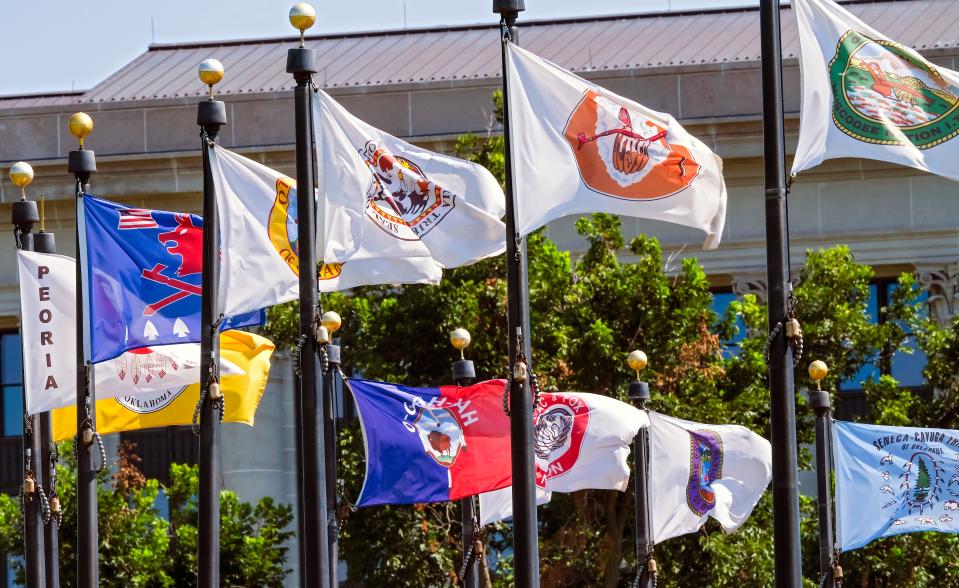
More: Gov. Stitt says new compact guarantees access to tribal tag data. But the state already had the data
How can I read the new state-tribal compacts?
Scroll down to read through copies of the five new compacts signed by Gov. Stitt and tribal leaders. This list will be updated as new compacts are made public.
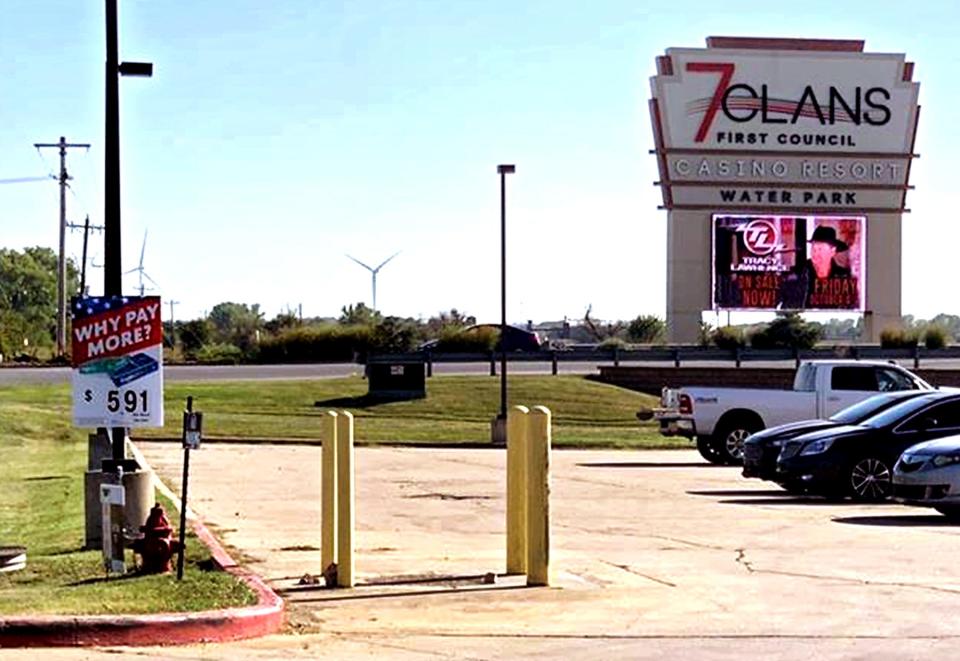
Apache Tribe tobacco tax compact
Caddo Nation tobacco tax compact
Cherokee Nation tobacco tax compact
Chickasaw Nation car tag compact
Chickasaw Nation tobacco tax compact
Choctaw Nation tobacco tax compact
Choctaw Nation car tag compact
Citizen Potawatomi Nation tobacco tax compact
Otoe-Missouria Tribe tobacco tax compact
Wichita and Affiliated Tribes tobacco tax compact
Wyandotte Nation tobacco tax compact
Editor's note: This story has been and will be updated as new compacts are signed. It is current as of April 26. Do you know about a compact that isn't listed? Email reporter Molly Young at mollyyoung@gannett.com.
This article originally appeared on Oklahoman: What to know about new tobacco tax, tribal tag agreements in Oklahoma

